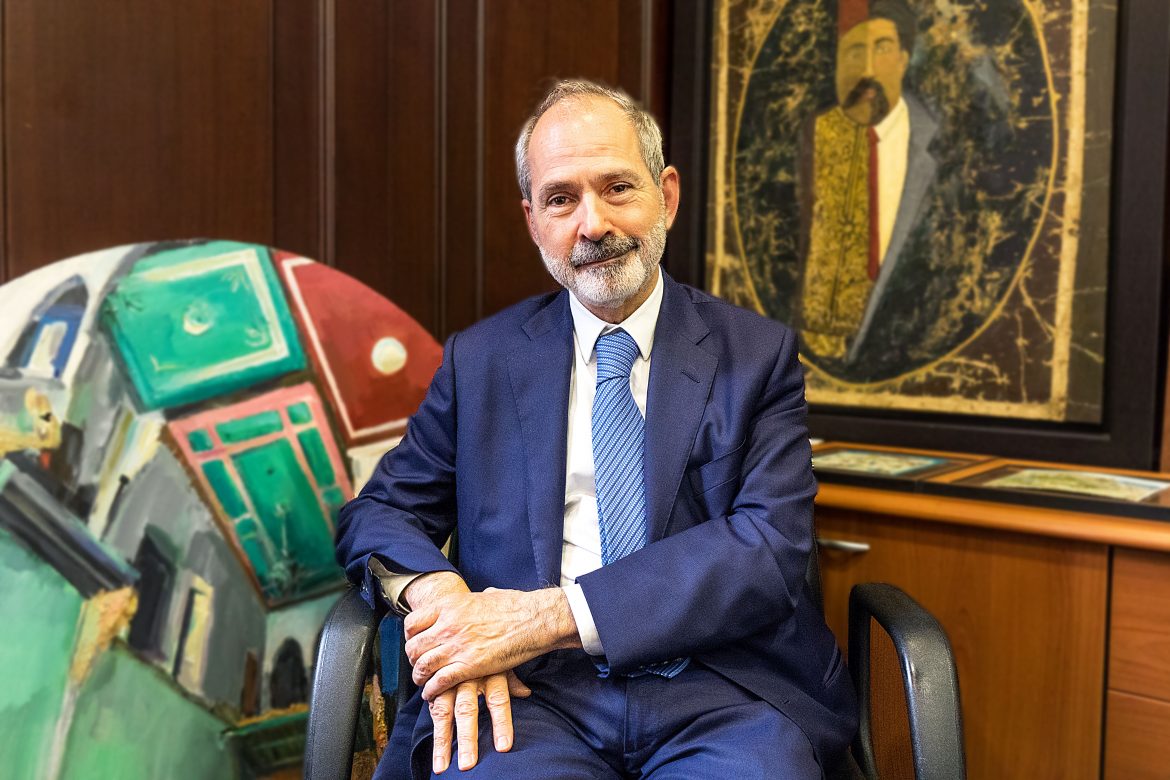Rebuilding trust with expatriates and depositors
written by Thomas Schellen
Thomas Schellen
Thomas Schellen is Executive's editor-at-large. He has been reporting on Middle Eastern business and economy for over 20 years. Send mail

